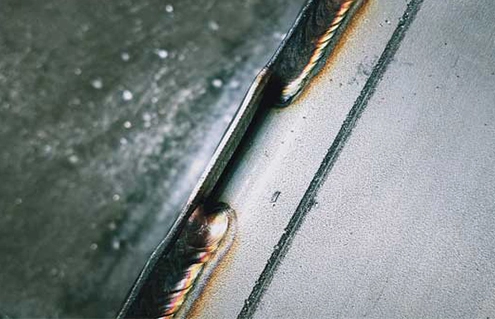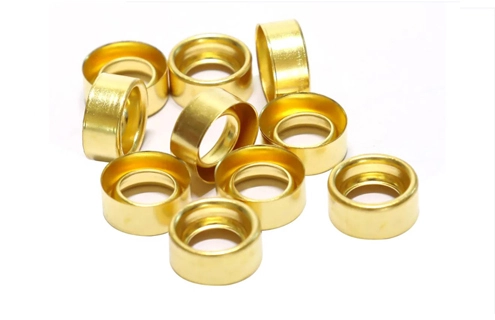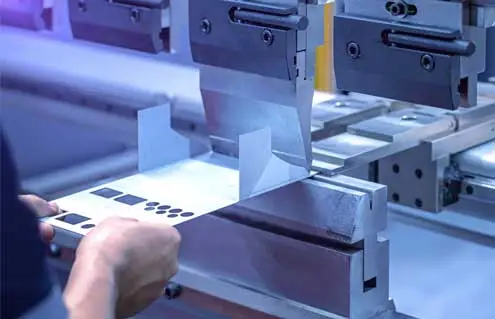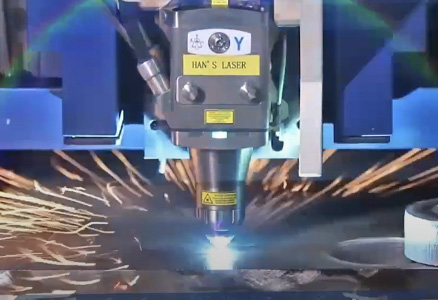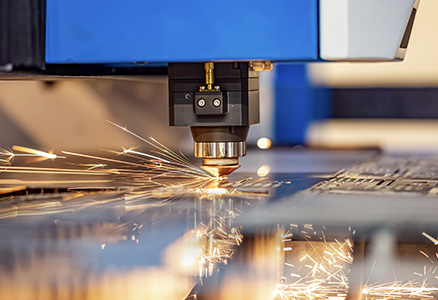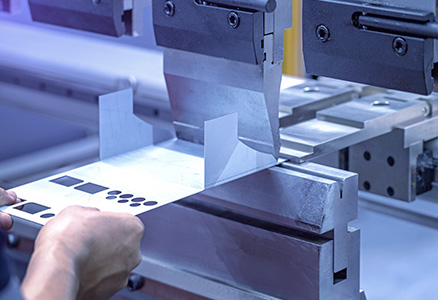In product structural design, the choice of sheet metal material has always been a critical decision. Reasonable material selection not only affects the structural strength, appearance quality, and service life of the product but also directly determines processing efficiency and manufacturing cost. For structural engineers or product development teams, mastering the scientific methods of sheet metal material selection is undoubtedly a key step in enhancing the core competitiveness of the product.
Why Is Sheet Metal Material Selection so Important?
Sheet metal parts are widely used in electronics, communication equipment, electromechanical products, automotive parts, and other industries. Reasonable sheet metal material selection can:
Reduce raw material costs and control the budget;
Improve product strength and durability, enhancing customer experience;
Optimize processing technology and increase production efficiency;
Improve surface treatment effects and enhance product appearance;
Reduce the overall weight, which is particularly suitable for portable devices and large structural parts.
Core Principles of Sheet Metal Material Selection
In practical applications, sheet metal material selection should follow the following principles:
Select commonly used metal materials to reduce material specifications and varieties;
Minimize the variety of materials and the thickness of sheets within the same product
Under the premise of ensuring the functionality of the part, try to choose inexpensive materials to reduce material costs;
For cabinets and large chassis, fully consider reducing the weight of the whole machine;
Besides ensuring the function of the part, also consider that the stamping performance of the material meets process requirements.
Key Considerations in Sheet Metal Material Selection
Yield strength: Represents the ability of a metal to resist permanent deformation. High-yield strength materials (such as stainless steel and titanium alloys) are suitable for scenarios requiring structural rigidity.
Hardness: Determines the wear resistance and impact resistance of the material. Spring steel and hot-rolled steel have higher hardness, suitable for high-strength parts.
Tensile strength: Indicates the material's ultimate tension load during stretching. Stainless steel and cold-rolled steel perform excellently, commonly used for structural frame parts.
Corrosion resistance: Especially suitable for outdoor equipment or high-humidity environments. Stainless steel, aluminum alloys, and copper materials have obvious advantages in this regard.
As a professional sheet metal stamping parts supplier, JCL is dedicated to providing customers with superior sheet metal solutions, offering more efficient, reliable, and high-quality sheet metal stamping products for customers in various industries. Feel free to contact us to learn more about JCL sheet metal solutions and to create new value in manufacturing together!

